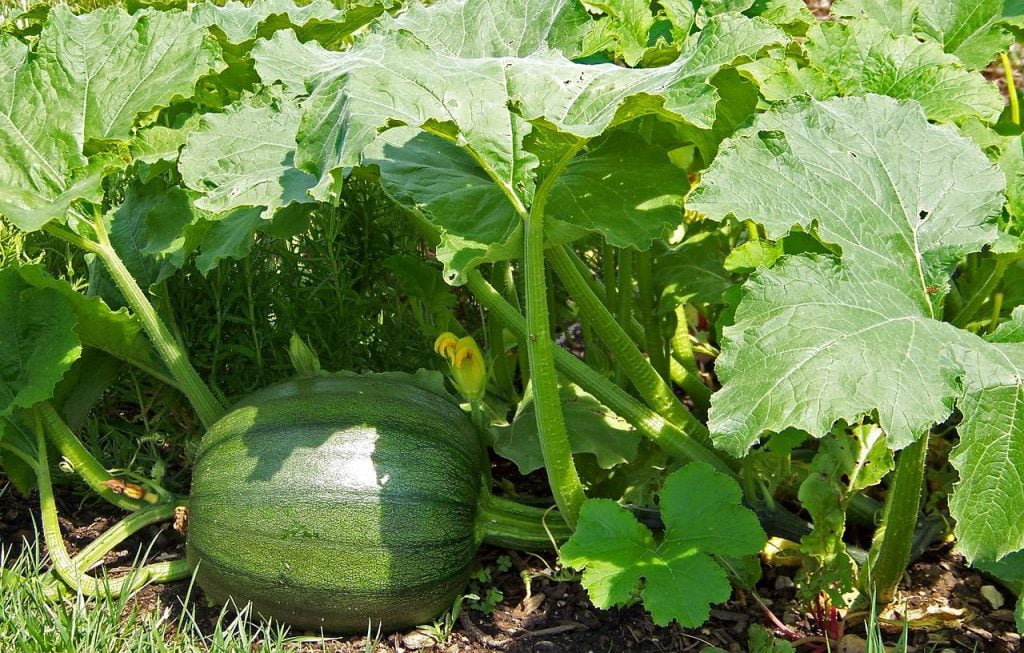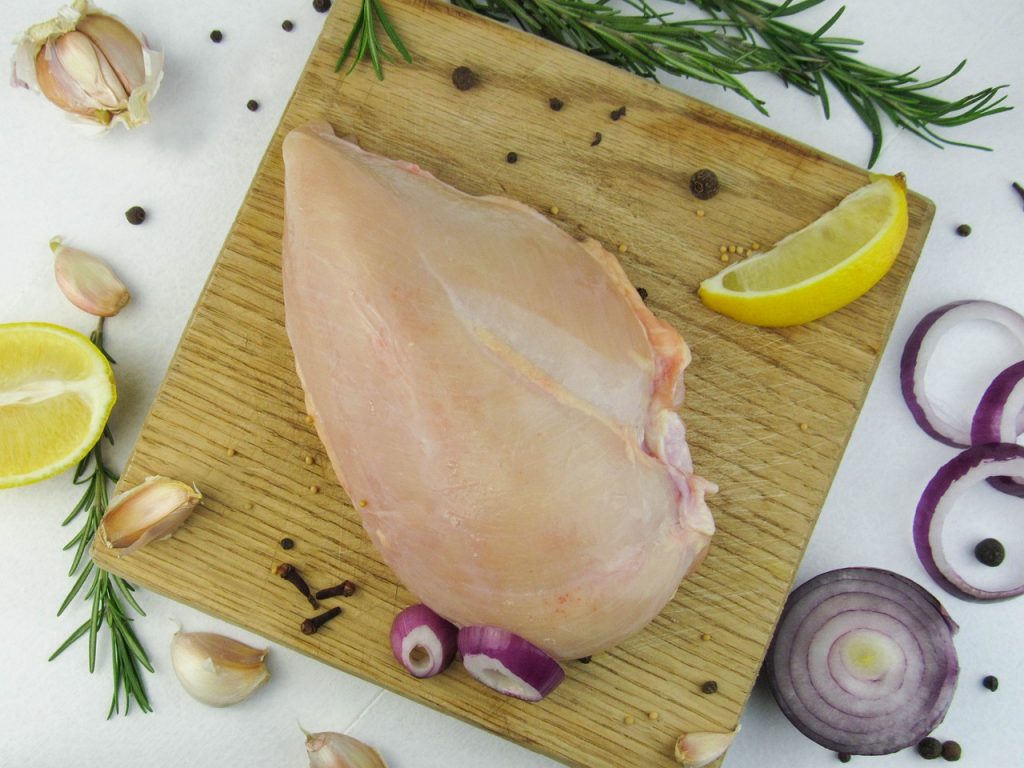Introduction
Steak, a culinary masterpiece, has captivated taste buds for centuries with its rich flavor, juicy texture, and versatility. For steak aficionados, the quest for the ultimate steak experience is an ongoing endeavor. While conventional beef has long been the standard, a new contender has emerged: organic steak.
What is Organic Steak?
Organic steak is beef raised on pasture and fed a diet of organic grasses, herbs, and grains. This method of production adheres to strict organic guidelines, ensuring that the animals are free from antibiotics, hormones, and artificial pesticides. The result is a healthier, more flavorful steak that is better for both the environment and your health.
Benefits of Organic Steak
The advantages of opting for organic steak extend far beyond taste. Here are some of the key benefits:
Ethical Production: Organic farming practices prioritize animal welfare, ensuring that cattle are raised in a natural and humane environment. This approach aligns with ethical considerations and promotes a respectful relationship between humans and animals.
Environmental Sustainability: Organic farming practices minimize environmental impact by reducing the use of chemicals and promoting sustainable land management techniques. This approach helps to conserve natural resources and protect ecosystems.
Nutritional Advantages: Organic beef is often higher in nutrients, including omega-3 fatty acids and conjugated linoleic acid (CLA), which are associated with various health benefits.
Enhanced Flavor: Organic beef is known for its superior flavor, attributed to the natural diet and healthier living conditions of the animals. The meat is typically more tender, succulent, and rich in flavor compared to conventional beef.
Choosing Organic Steak
When selecting organic steak, look for certifications from reputable organizations, such as the USDA Organic seal. Reputable butchers and online retailers often carry organic steak options, ensuring authenticity and quality.
Cooking Organic Steak: Unveiling Culinary Excellence
Cooking organic steak is an art form, requiring careful attention to technique and temperature. Here are some tips for achieving steak nirvana:
Selecting the Right Cut:
Different cuts of steak offer varying levels of tenderness, marbling, and flavor. Popular choices for organic steak include ribeye, New York strip, and filet mignon.
Preparing the Steak:
Allow the steak to reach room temperature before cooking to ensure even cooking. Season generously with salt and pepper, or add other herbs and spices to your taste.
Choosing the Cooking Method:
Pan-searing, grilling, and broiling are common methods for cooking organic steak. Each method imparts a unique flavor profile and texture. Pan-searing produces a crispy crust, while grilling adds a smoky aroma. Broiling provides a high, even heat for a succulent steak.
Cooking to Perfection:
Use a meat thermometer to monitor the internal temperature of the steak. For rare, aim for 120-125°F (49-52°C), medium-rare for 130-135°F (54-57°C), medium for 140-145°F (60-63°C), medium-well for 150-155°F (66-68°C), and well-done for 160°F (71°C) and above. For detailed guidance on achieving the perfect steak, including tips on cooking temperatures and techniques, refer to this comprehensive guide by Jamie Oliver: How to Cook the Perfect Steak.
Resting the Steak:
Once cooked, remove the steak from the heat and allow it to rest for 5-10 minutes. This allows the juices to redistribute, resulting in a more tender and flavorful steak.
The Ultimate Steak Experience
Organic steak, when prepared with care and expertise, offers an unparalleled culinary experience. The combination of ethical production, superior flavor, and nutritional benefits elevates steak to an art form. Whether enjoyed in a fine dining establishment or prepared at home, organic steak is a testament to the power of natural ingredients and mindful practices. So, embark on a journey of culinary exploration and indulge in the unrivaled taste of organic steak – a true steak nirvana.
Elevate Your Steak Experience with Complementary Pairings
While organic steak stands as the star of the culinary show, its magnificence can be further enhanced by thoughtful pairings. Here are some suggestions to elevate your steak experience:
Wine and Spirits:
The bold flavors of organic steak harmonize beautifully with robust red wines, such as Cabernet Sauvignon, Merlot, and Malbec. These wines complement the steak’s richness and enhance its savory qualities. For a lighter option, consider a Pinot Noir or a Syrah. If you prefer spirits, a glass of aged whiskey or a full-bodied bourbon can provide a delightful counterpoint to the steak’s intense flavor.
Sauces and Condiments:
A well-chosen sauce or condiment can add a touch of sophistication and complexity to your organic steak experience. A classic Béarnaise sauce, with its buttery richness and tangy herbs, complements the steak’s savory profile without overpowering it. Chimichurri, a vibrant Argentinian sauce made with fresh parsley, garlic, and red wine vinegar, adds a zesty and herbaceous touch. For a touch of sweetness, consider a balsamic reduction or a caramelized onion compote.
Side Dishes:
Balancing the richness of organic steak with lighter side dishes creates a harmonious culinary experience. Roasted vegetables, such as asparagus, broccoli, or carrots, provide a contrasting texture and a burst of fresh flavors. A simple salad with greens, cherry tomatoes, and a light vinaigrette adds a refreshing element to the meal. For a heartier side, consider mashed potatoes or roasted sweet potatoes, which offer a comforting and complementary contrast to the steak.
Desserts:
A decadent dessert can provide a sweet and satisfying conclusion to your organic steak feast. A warm chocolate lava cake with a gooey center pairs beautifully with the steak’s richness. For a lighter option, consider a fruit sorbet or a crème brûlée, offering a delicate balance of flavors and textures.
Embracing the Ethical Dimension of Organic Steak
Beyond the culinary delights of organic steak lies a deeper significance – its ethical dimension. By choosing organic steak, you are making a conscious decision to support sustainable farming practices that prioritize animal welfare and environmental stewardship.
Organic farming practices emphasize natural methods, eschewing the use of antibiotics, hormones, and artificial pesticides. This approach ensures that the animals are raised in a more humane and natural environment, free from the harmful effects of synthetic chemicals.
Moreover, organic farming promotes sustainable land management techniques, reducing soil erosion, protecting biodiversity, and conserving water resources. By choosing organic steak, you are contributing to a more harmonious relationship between agriculture and the environment. If you’re interested in exploring further insights into the environmental impact of grass-fed beef, check out this informative resource from Grandview Farms.
Conclusion: A Culinary Choice with Far-Reaching Impact
Indulging in organic steak is not merely a culinary pleasure; it is a statement of values, a commitment to ethical practices, and a contribution to a more sustainable future. By savoring the unparalleled flavor of organic steak, you are not only enhancing your personal dining experience but also making a positive impact on the world around you.
As you savor each succulent bite of organic steak, remember that your choice has a ripple effect, extending from the pastures where the cattle graze to the tables where people gather to enjoy the fruits of nature’s bounty. Embrace the ethical dimension of organic steak, and let its unparalleled flavor be a reminder of the power of conscious consumption.
FAQ
There are many benefits to eating organic steak, including:
- Better flavor and texture: Organic steak is often known for its rich flavor and tender texture. This is because the cows are able to graze on a variety of grasses and herbs, which gives the meat a more complex flavor profile.
- Healthier for you and the environment: Organic steak is free from antibiotics, hormones, and artificial pesticides, which can be harmful to your health. It is also produced in a way that is better for the environment, as it reduces the use of chemicals and pesticides.
- Supports local farmers: When you buy organic steak, you are supporting local farmers who are committed to sustainable agriculture.
There are many ways to cook organic steak, but some of the most popular methods include:
- Pan-searing: This is a quick and easy way to cook organic steak, and it results in a juicy, flavorful steak.
- Grilling: Grilling is a great way to add a smoky flavor to organic steak.
- Broiling: Broiling is another quick and easy way to cook organic steak, and it results in a well-done steak.
There are many great side dishes for organic steak, but some of the most popular include:
- Roasted vegetables: Roasted vegetables, such as asparagus, broccoli, or carrots, are a healthy and flavorful side dish for organic steak.
- Mashed potatoes: Mashed potatoes are a classic side dish for steak, and they are especially good with organic steak.
- Salad: A salad is a light and refreshing side dish for organic steak.




